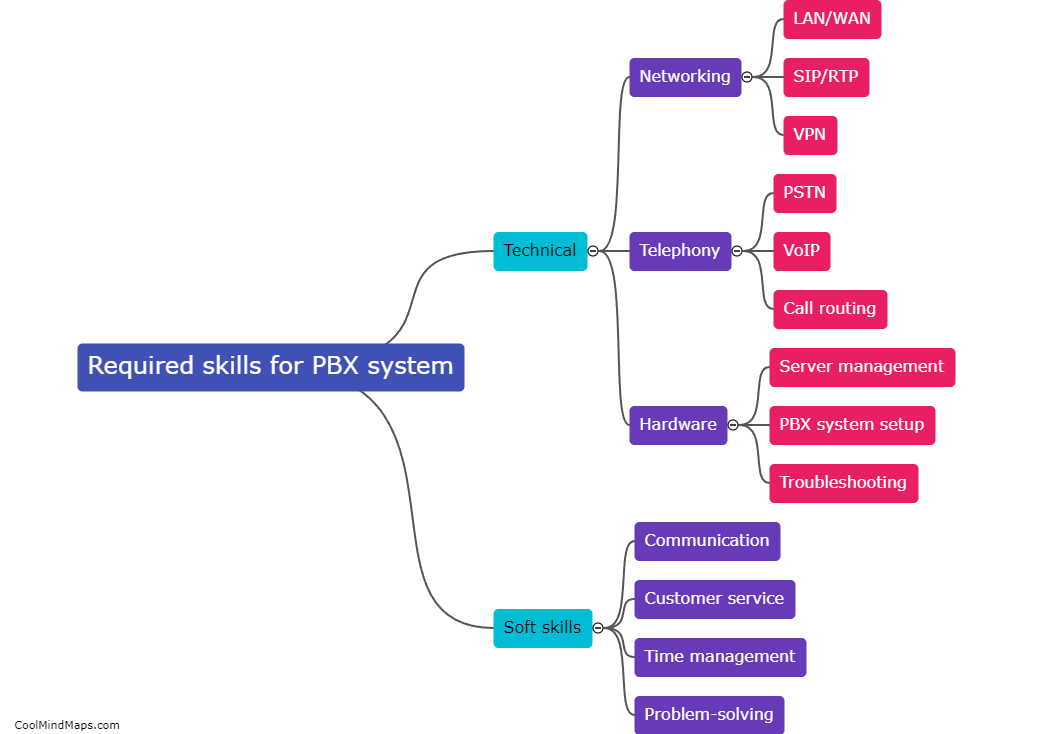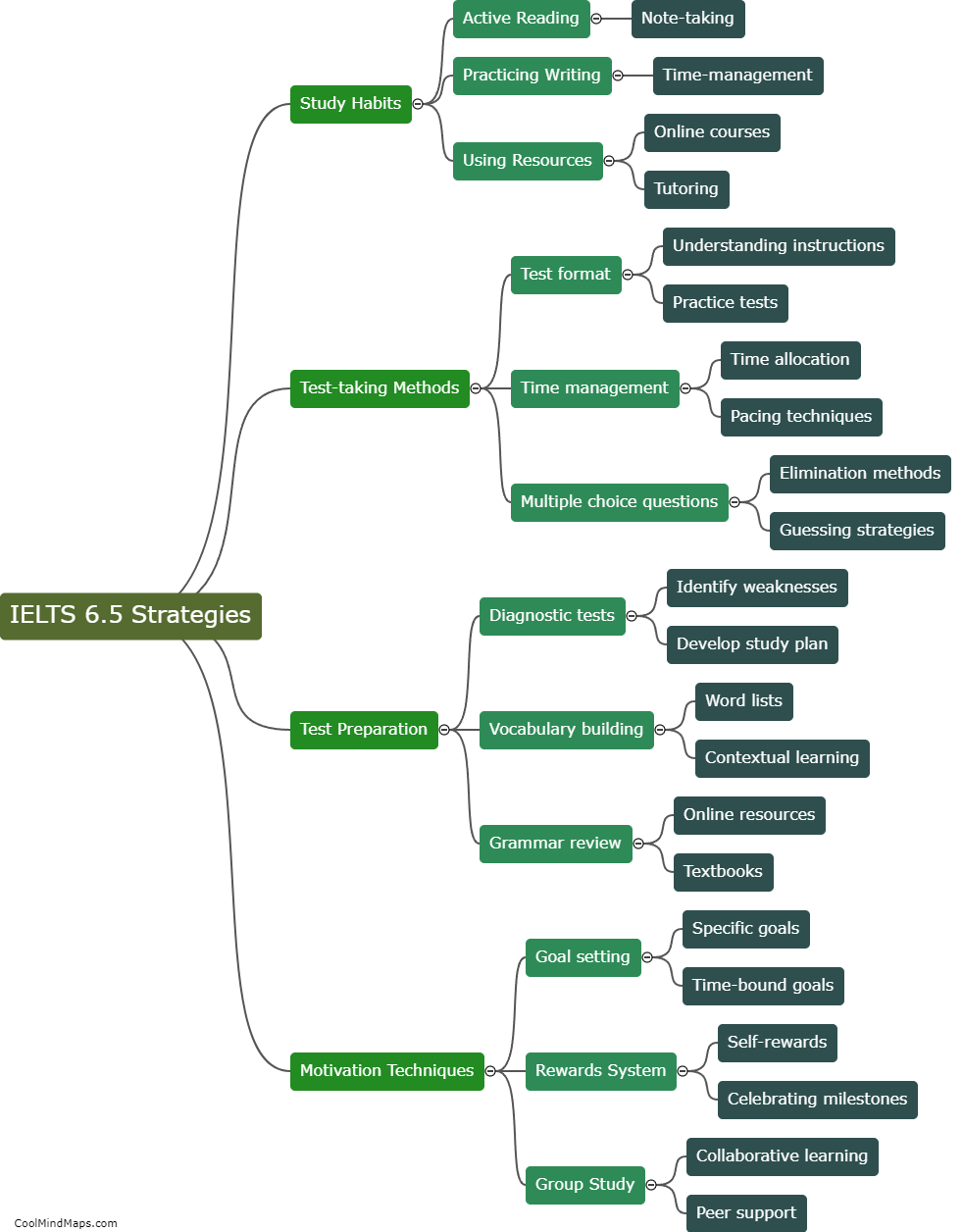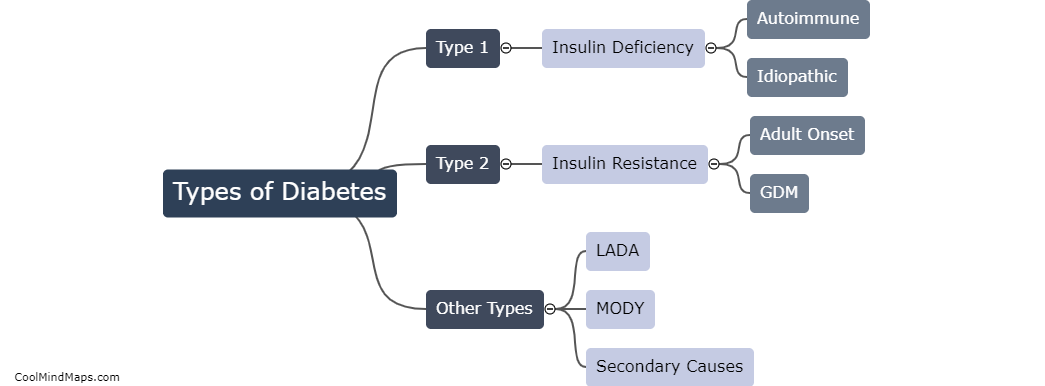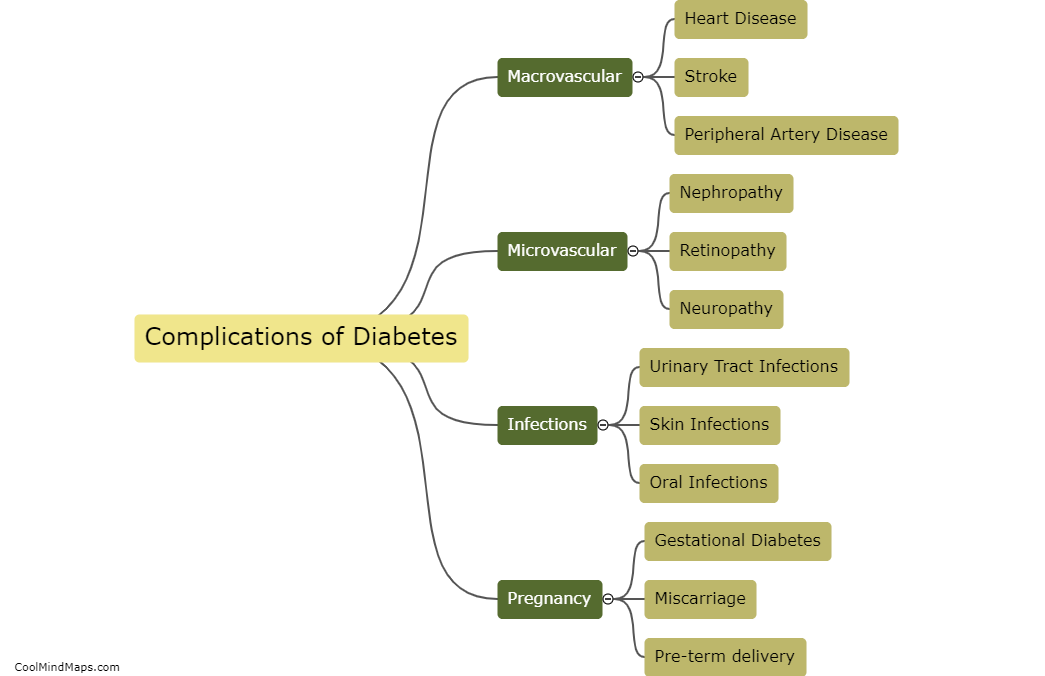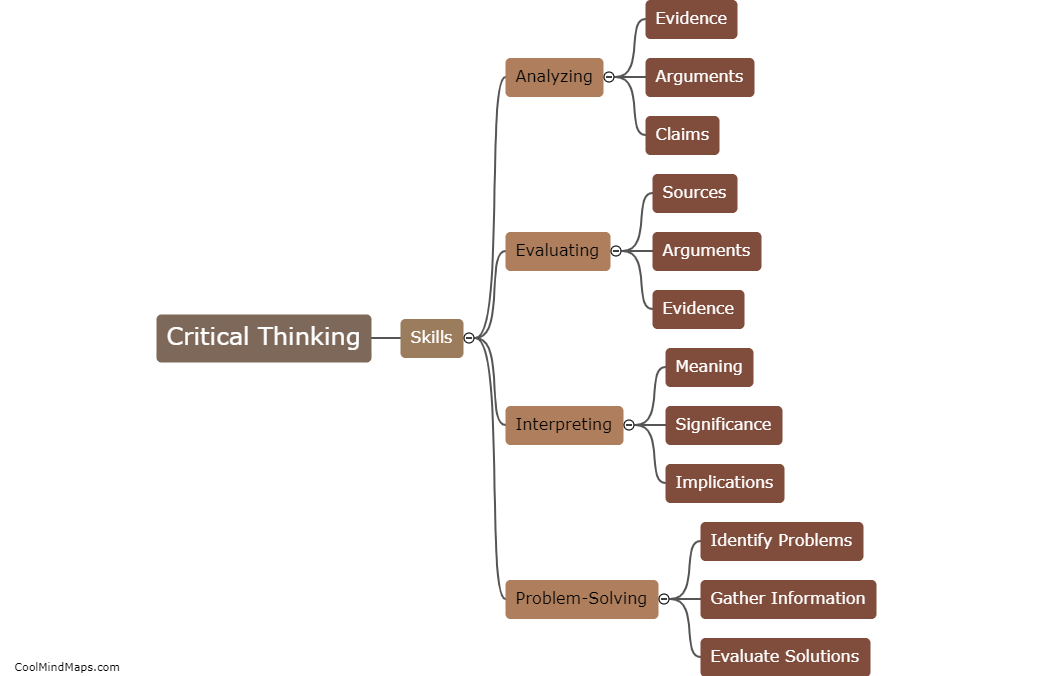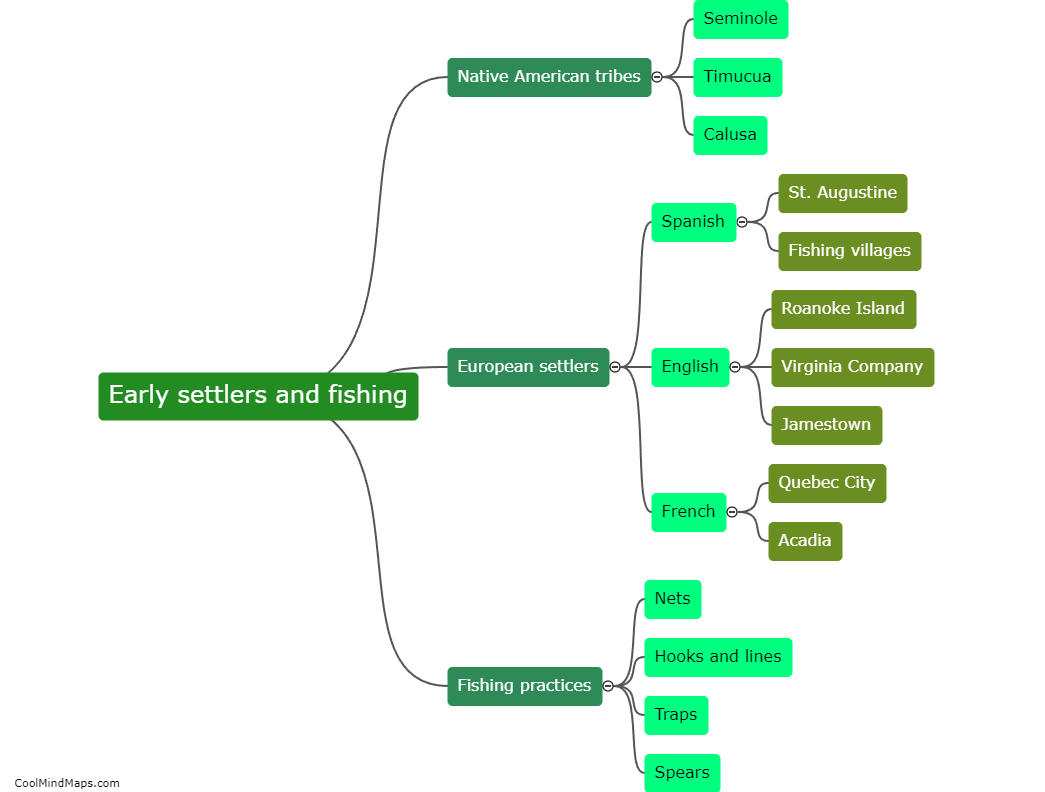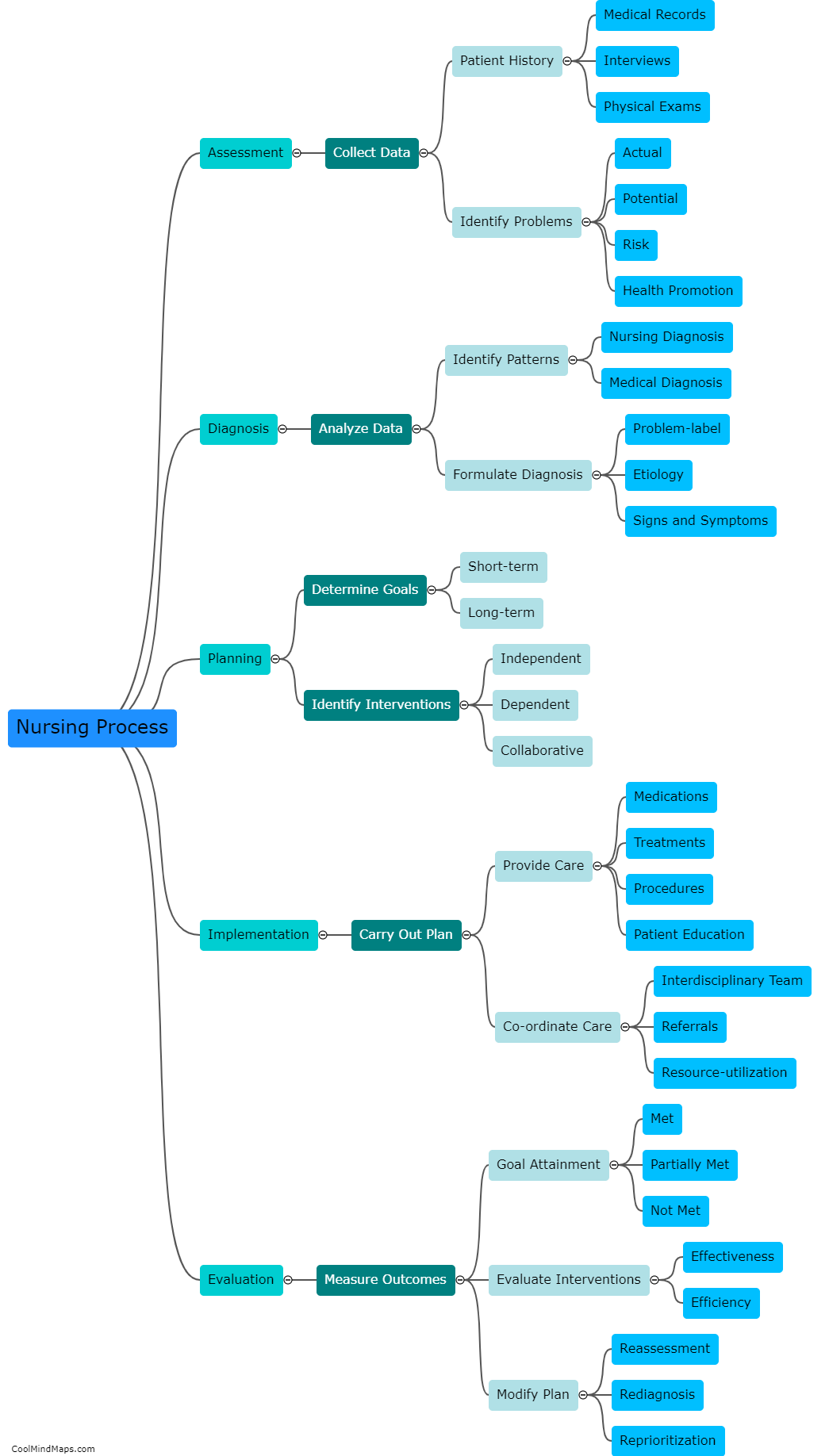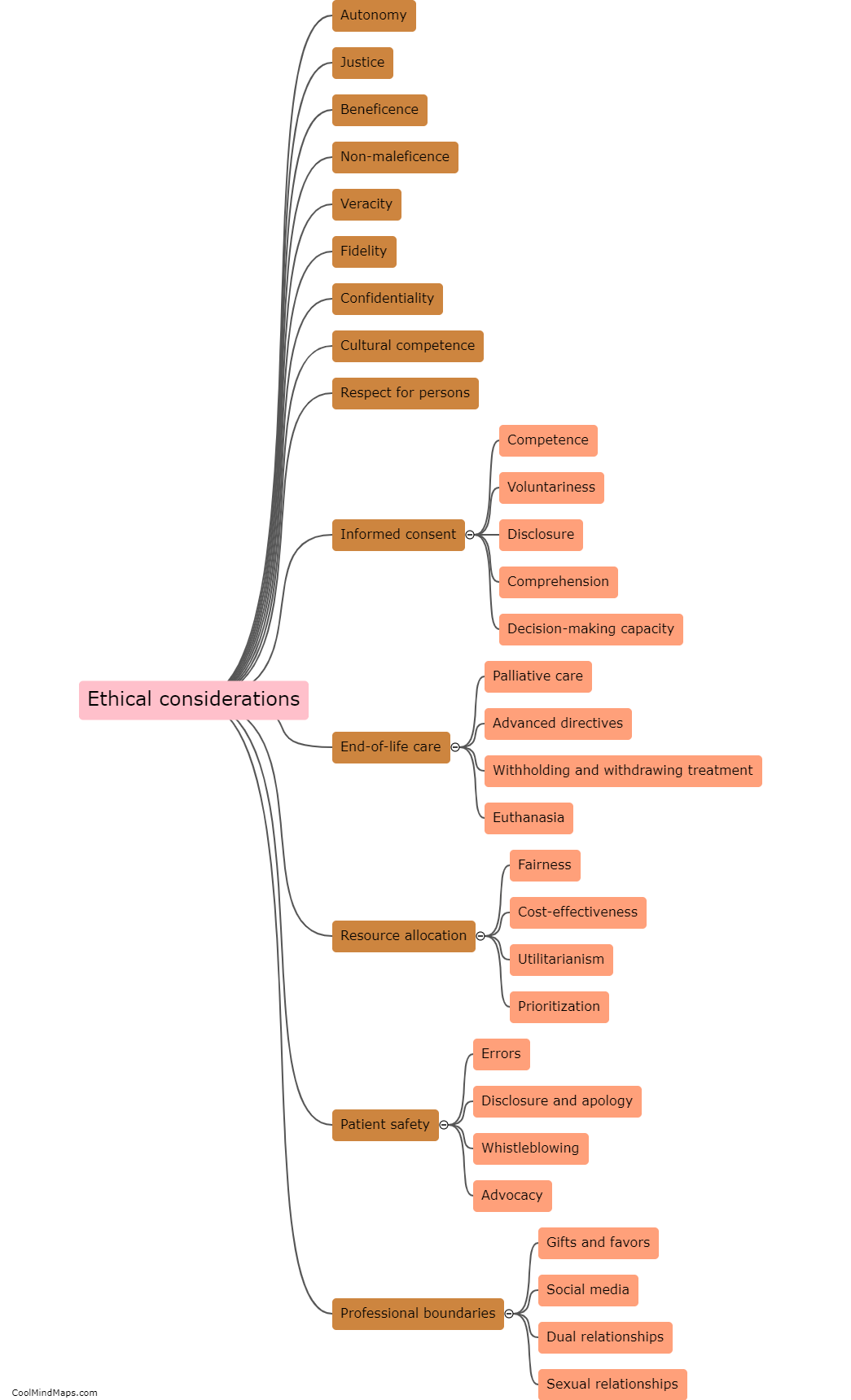What are the key components of clinical reasoning?
Clinical reasoning is the mental process used by healthcare professionals to evaluate and manage patient care. The key components of clinical reasoning include data collection, problem identification, developing hypotheses, testing hypotheses, forming a diagnosis, creating a plan of care, and evaluating outcomes. Health professionals use critical thinking skills to gather relevant health information, interpret results, and prioritize interventions. They also need to consider the patient's social, emotional, and physical context when creating their plan of care. Good clinical reasoning requires a high level of knowledge, skill, and experience, as well as the ability to communicate effectively and work collaboratively with other members of the healthcare team.
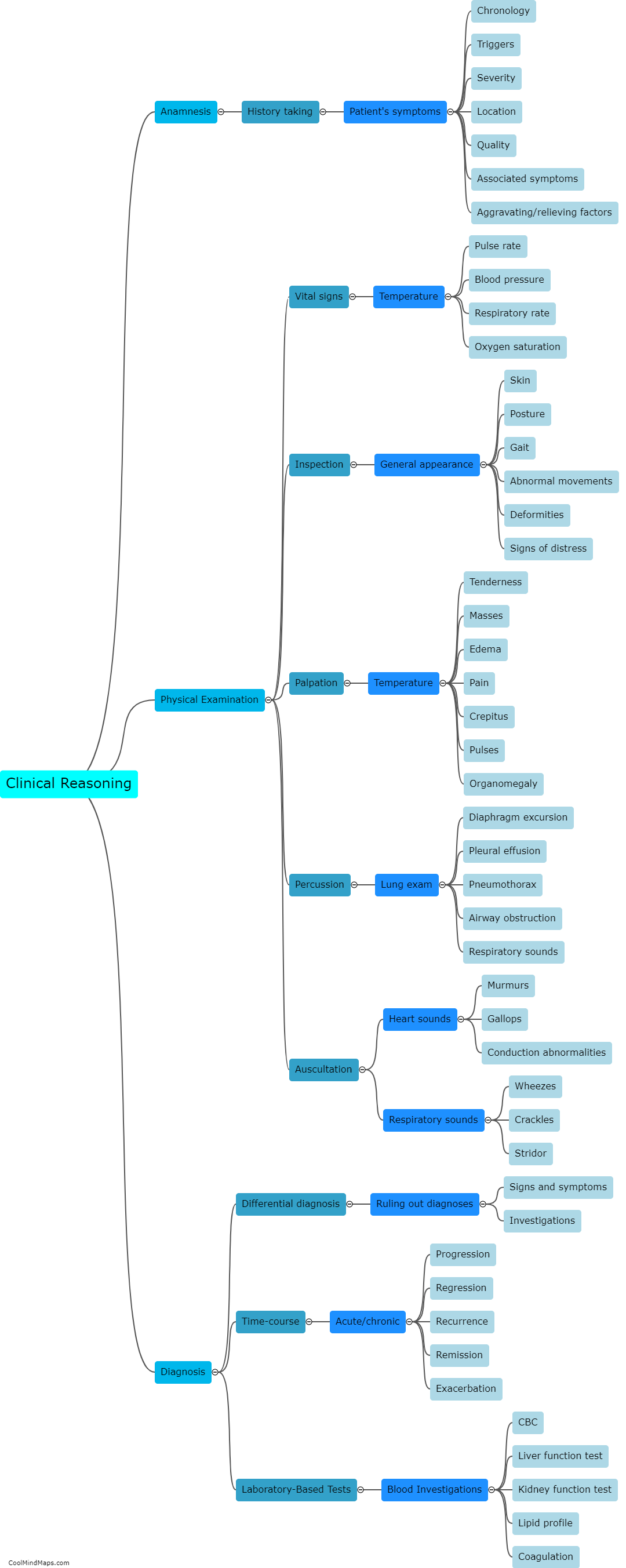
This mind map was published on 1 May 2023 and has been viewed 103 times.
